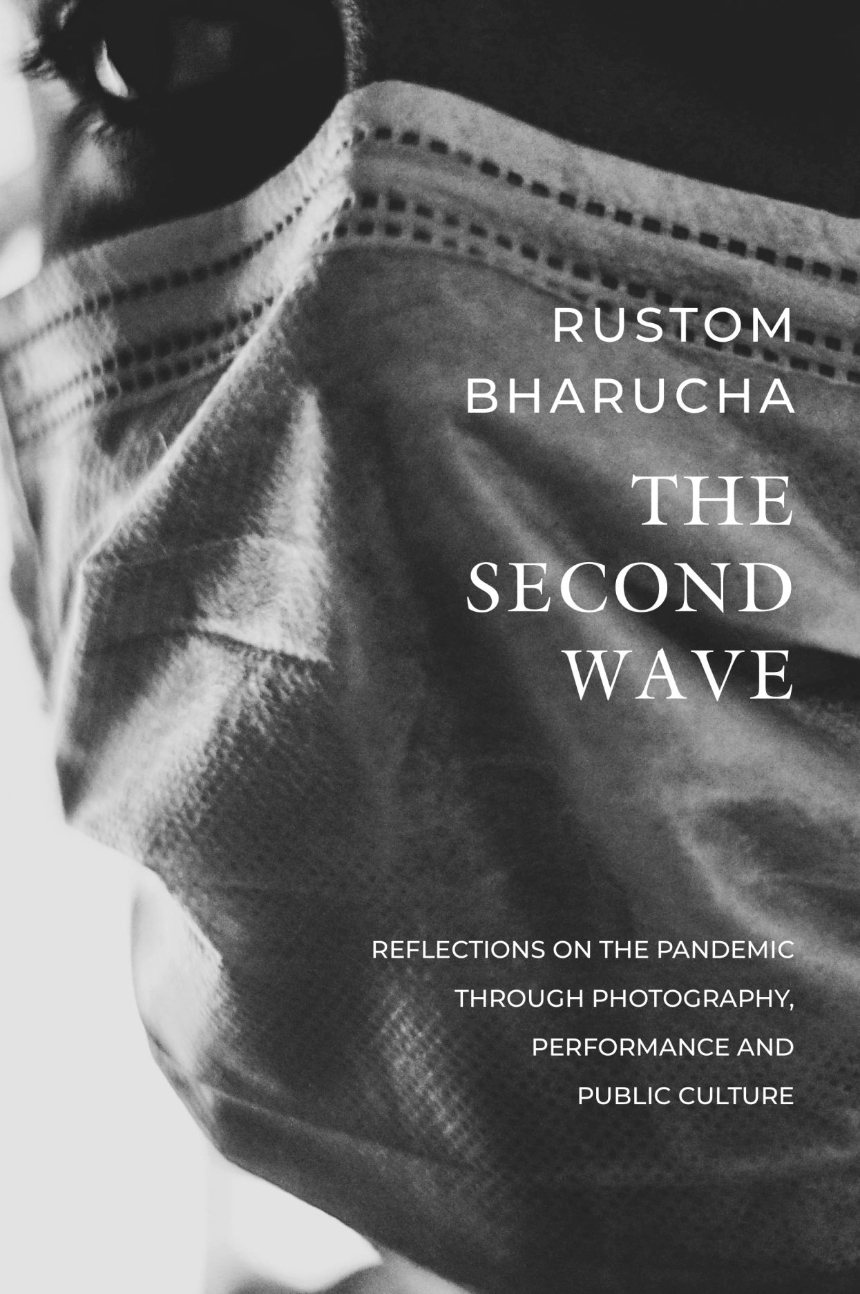The Second Wave
Reflections on the Pandemic through Photography, Performance and Public Culture
9781803090757
9781803091013
Distributed for Seagull Books
The Second Wave
Reflections on the Pandemic through Photography, Performance and Public Culture
Lessons in resilience in the second wave of the Covid-19 pandemic in India.
Focusing on the second wave of the Covid-19 pandemic in India between April and December 2021, Rustom Bharucha’s timely essay reflects on four interconnected realities that haunted this ongoing crisis—death, grief, mourning, and extinction. How do we cope with multiple deaths and the dislocation of rituals when the act of mourning is either postponed or denied? What roles do political surveillance, censorship, the regulation of lockdowns, and the sheer indifference to the lives of people play in the containment of civil liberties? Through vivid examples of photography, theater, dance, visual arts, and the cultures of everyday life, this meditative essay illuminates both the horror of the pandemic as well as its unexpected intimacies and revelations of shared suffering. Against the destruction of nature and the disrespect for the nonhuman, The Second Wave offers lessons in resilience through its reflections on the ethos of waiting and the need to re-envision breath as a vital resource of self-renewal and resistance.
Focusing on the second wave of the Covid-19 pandemic in India between April and December 2021, Rustom Bharucha’s timely essay reflects on four interconnected realities that haunted this ongoing crisis—death, grief, mourning, and extinction. How do we cope with multiple deaths and the dislocation of rituals when the act of mourning is either postponed or denied? What roles do political surveillance, censorship, the regulation of lockdowns, and the sheer indifference to the lives of people play in the containment of civil liberties? Through vivid examples of photography, theater, dance, visual arts, and the cultures of everyday life, this meditative essay illuminates both the horror of the pandemic as well as its unexpected intimacies and revelations of shared suffering. Against the destruction of nature and the disrespect for the nonhuman, The Second Wave offers lessons in resilience through its reflections on the ethos of waiting and the need to re-envision breath as a vital resource of self-renewal and resistance.
Reviews
Table of Contents
Preface
1. Photography in the Pandemic
Preamble
Hospital
Crematoria
Ganga
Censoring the pandemic
Ownership
The Long March
Problematizing duration
Representing Jamlo
Ethics of crying
In the eyes of the law
2. No time to Mourn
Symptoms of grief
The Case of Ram Pukar Pandit
Living with the dead
Performing mourning: life and art
“Artistic” mourning practices
a.Artifice
b.Objects
c.Documentary
d.Spectacle
“Rudali”: mourning as survival
“Walk”: mourning as resistance
Mourning: performed or real?
3. Endings/Beginnings
Exit
On the Cusp of Multiple Times
Genocide
Extinction
Hiroshima museumized: aporias of peace
The ethos of waiting
Reclaiming the vitality of the body
Stillness in movement
a.Prana
b.Oxygen
Breath, breathlessness, and combat breathing
Postscript
Notes
1. Photography in the Pandemic
Preamble
Hospital
Crematoria
Ganga
Censoring the pandemic
Ownership
The Long March
Problematizing duration
Representing Jamlo
Ethics of crying
In the eyes of the law
2. No time to Mourn
Symptoms of grief
The Case of Ram Pukar Pandit
Living with the dead
Performing mourning: life and art
“Artistic” mourning practices
a.Artifice
b.Objects
c.Documentary
d.Spectacle
“Rudali”: mourning as survival
“Walk”: mourning as resistance
Mourning: performed or real?
3. Endings/Beginnings
Exit
On the Cusp of Multiple Times
Genocide
Extinction
Hiroshima museumized: aporias of peace
The ethos of waiting
Reclaiming the vitality of the body
Stillness in movement
a.Prana
b.Oxygen
Breath, breathlessness, and combat breathing
Postscript
Notes

